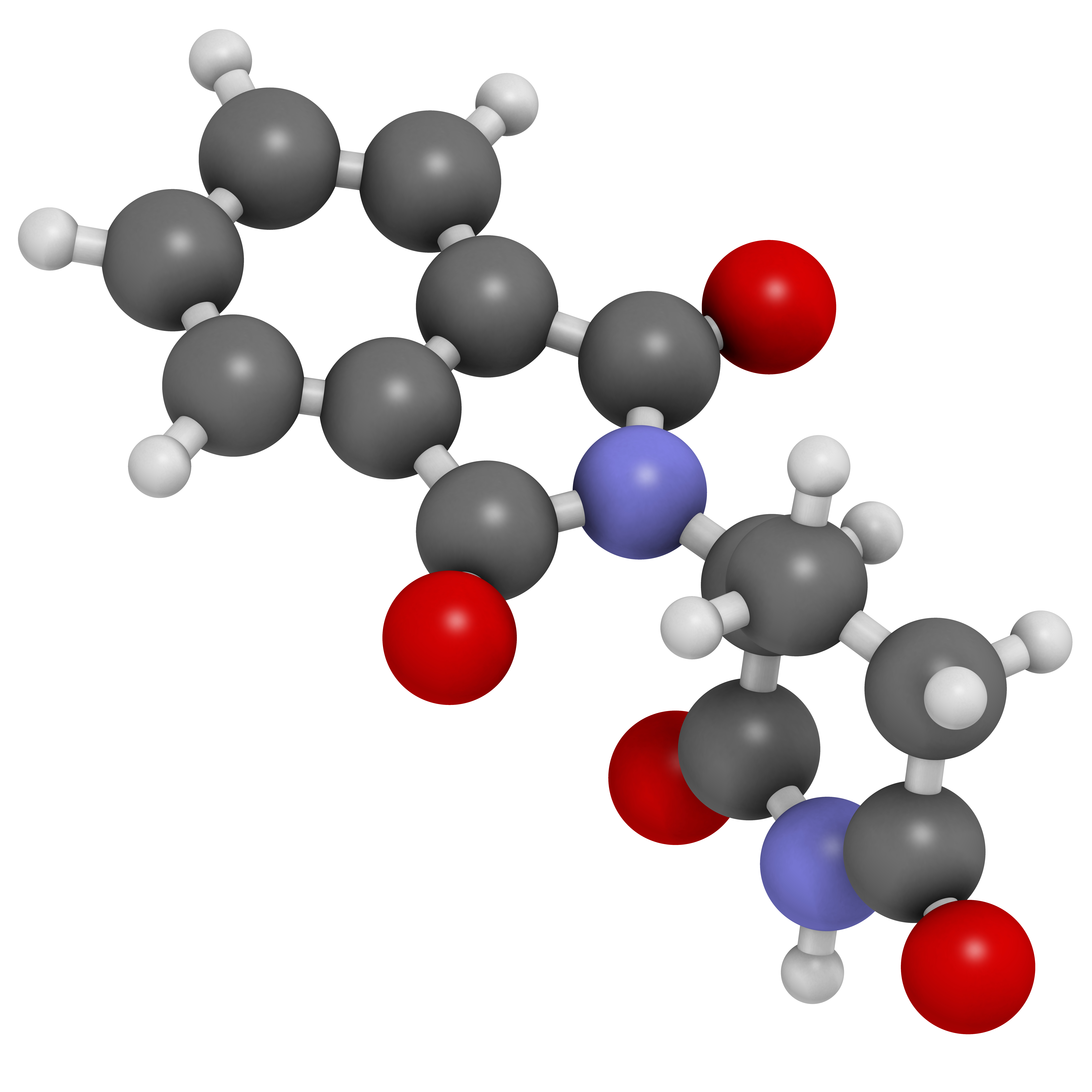Results from an 8-week clinical trial coupled with an 8-week trial extension show evidence that children with refractory ulcerative colitis (UC) can achieve and maintain remission when treated with the small molecule drug thalidomide. The trial, a pilot effort from multiple medical centers in Italy, evaluated 26 children treated with either thalidomide or placebo. The researchers found that thalidomide-treated children maintained clinical remission for an average of 135 weeks, whereas placebo-treated children maintained clinical remission for only 8 weeks.
“Twenty-six children with refractory UC were randomized to thalidomide or placebo,” stated lead author Marzia Lazzerini, DTMH, MSc, PhD, in the study, “Effect of Thalidomide on Clinical Remission in Children and Adolescents with Ulcerative Colitis Refractory to Other Immunosuppressives: Pilot Randomized Clinical Trial,” which was published in the journal Inflammatory Bowel Diseases. “Clinical remission at week eight was achieved by significantly more children treated with thalidomide.” Twelve children were treated with thalidomide. Of these, ten achieved remission. Eleven were treated with placebo, and only two achieved remission.
The trial was designed to open thalidomide treatment to patients on placebo after eight weeks. When the switch was made, eight of the eleven children achieved remission by the next set of eight weeks. Treatment consisted of a daily dose of thalidomide that was determined based on the patients’ weights. All other drugs for managing the patients’ UC were suspended to prevent confounding factors. Only children with severe UC or those who relapsed during steroid treatment were allowed to continue to take steroids.
Thalidomide acts through suppressing tumor necrosis factor alpha, modulating the immune system, and reducing angiogenesis (new blood vessel formation). Previous trials have shown positive effects of thalidomide in treating Crohn’s disease. The authors conducted the present study because thalidomide had been relatively untested in the case of UC.
During the trial, the rate of severe adverse events was 3.1 per 1000 patient-weeks, indicating that thalidomide was an effective treatment that was also safe in the short-term. Additional trials that are longer and larger in scale are required as follow-ups to this pilot trial in order to continue to establish the safety and efficacy of thalidomide in UC management.

